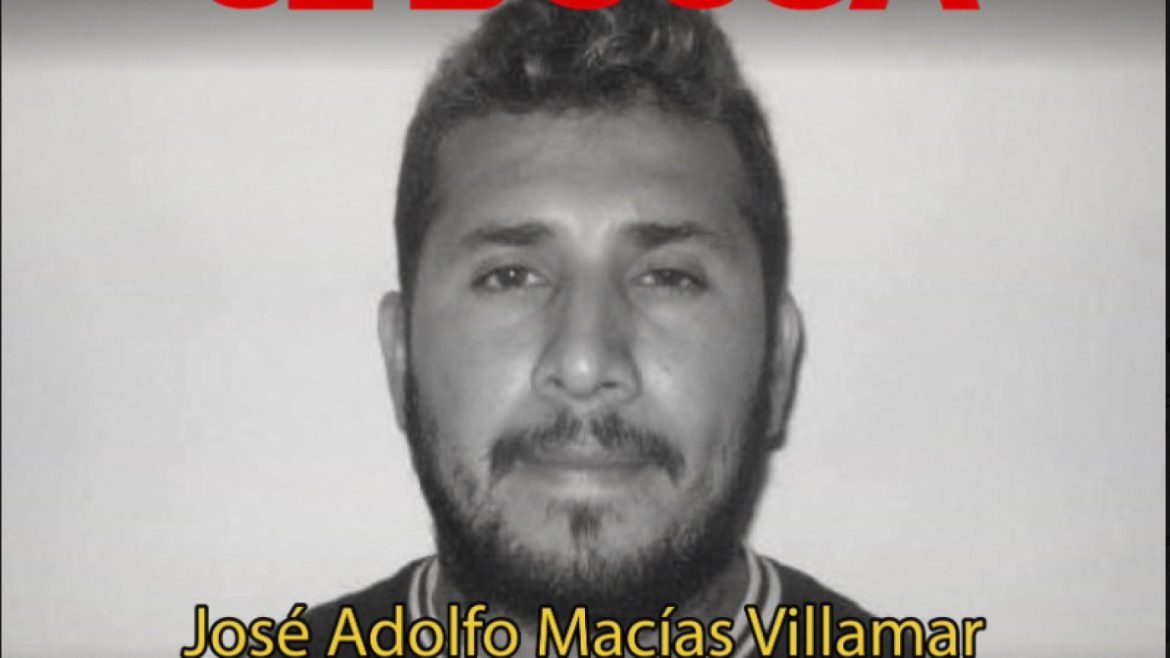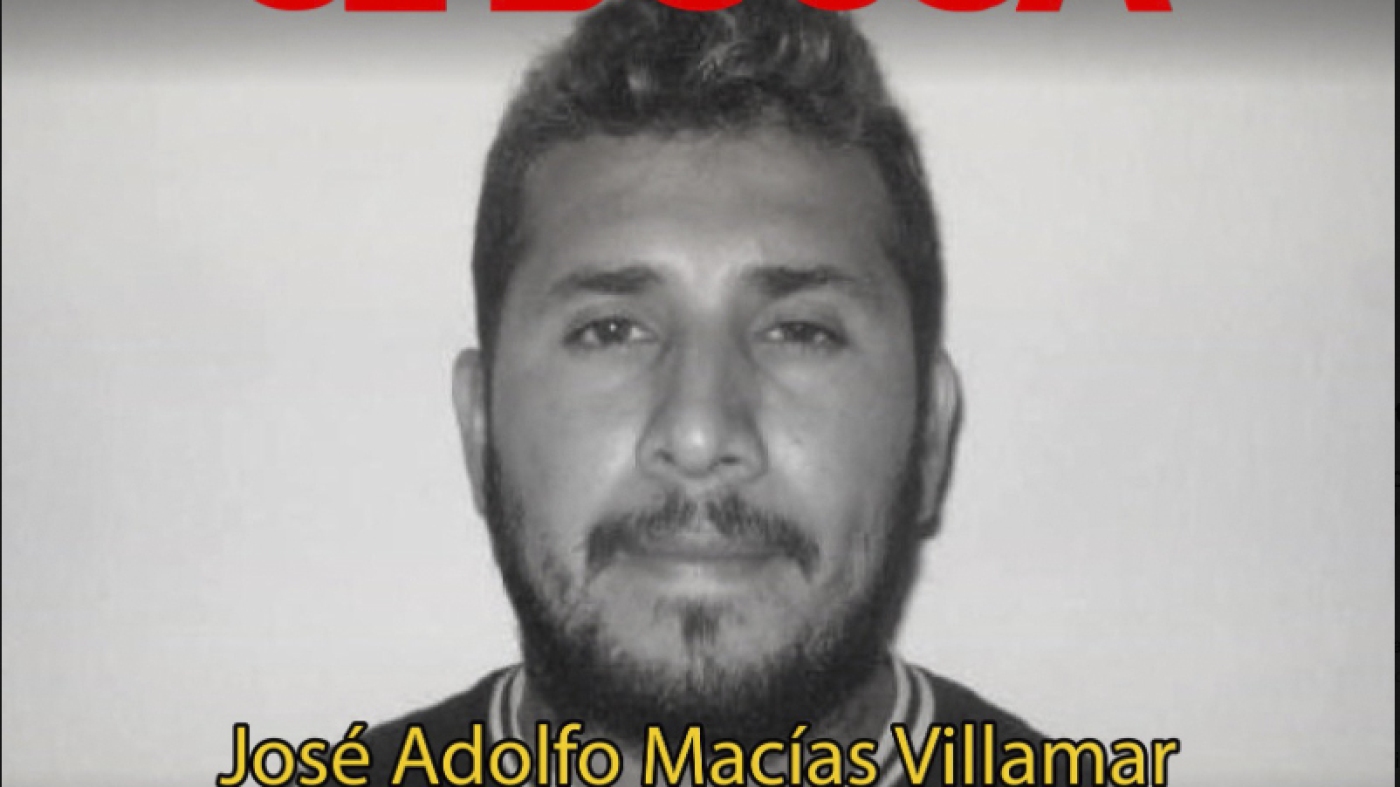The Extradition of “Fito”: A Turning Point in Ecuador’s Drug War?
Introduction
The extradition of José Adolfo Macías Villamar, alias “Fito,” leader of the notorious Los Choneros gang, to the United States marks a significant moment in Ecuador’s ongoing battle against drug trafficking and organized crime. Fito’s reign of terror, characterized by violence, corruption, and a brazen escape from prison, has plunged Ecuador into a state of crisis. His extradition represents a potential shift in the power dynamics between the Ecuadorian government, the cartels, and international law enforcement agencies. This report delves into the rise of Fito and Los Choneros, the escalation of violence following his prison break, the implications of his extradition, and the broader impact on Ecuador’s war on drugs.
The Rise of “Fito” and Los Choneros
Los Choneros, under Fito’s command, has become one of Ecuador’s most powerful and violent drug trafficking organizations. The gang’s operations extend beyond Ecuador’s borders, playing a crucial role in the transnational cocaine trade. Fito’s leadership style, marked by ruthlessness and a knack for evading authorities, solidified Los Choneros’ dominance in the criminal underworld. The gang’s reliance on hitmen, bribes, and military-grade weaponry has allowed them to operate with near impunity for years, challenging the state’s authority and undermining the rule of law.
Fito’s influence permeates Ecuadorian society, with tentacles reaching into prisons, politics, and the economy. The gang’s control over key drug routes and their ability to infiltrate state institutions have made them a formidable force. Fito’s strategic alliances with other criminal organizations and his ability to navigate the complex landscape of Ecuador’s underworld have further entrenched Los Choneros’ power. The gang’s operations are not limited to drug trafficking; they also engage in extortion, kidnapping, and money laundering, making them a multifaceted threat to Ecuador’s security and stability.
The Prison Break and the Escalation of Violence
Fito’s escape from a maximum-security prison in January 2024 triggered a wave of unprecedented violence across Ecuador. This brazen act exposed the deep-seated corruption and vulnerabilities within the country’s penal system. The escape not only emboldened Los Choneros but also ignited a turf war with rival gangs vying for control of drug routes and territory. The resulting clashes, both inside and outside prisons, led to a surge in homicides, kidnappings, and other violent crimes, pushing Ecuador to the brink of collapse.
The government’s inability to recapture Fito quickly further eroded public trust and fueled a sense of lawlessness. The escape highlighted the inadequacies of Ecuador’s prison system, which has long been plagued by overcrowding, corruption, and a lack of resources. The incident also underscored the need for comprehensive reforms to address the systemic issues that allow criminal organizations to operate with impunity. The escalation of violence following Fito’s escape served as a stark reminder of the power and influence wielded by Los Choneros and the urgent need for decisive action to curb their activities.
The Recapture and the Extradition Decision
After months on the run, Fito was finally recaptured in late June, providing a glimmer of hope for a nation gripped by fear. The decision to extradite him to the United States was a complex one, balancing the need for justice and accountability with concerns about national sovereignty and the potential for further destabilization. Ultimately, the Ecuadorian government opted to hand Fito over to U.S. authorities, signaling a commitment to international cooperation in the fight against drug trafficking.
The extradition decision reflects a recognition that Ecuador’s own judicial system may be ill-equipped to handle a figure as powerful and influential as Fito. The U.S. justice system offers a higher likelihood of conviction and a lengthy prison sentence, further incentivizing Ecuador’s decision to extradite. The trial will likely involve extensive evidence gathering, witness testimony, and legal maneuvering. The outcome of the trial will not only determine Fito’s fate but also provide valuable insights into the operations of Los Choneros and the broader cocaine trade.
Implications for Ecuador and the War on Drugs
Fito’s extradition has far-reaching implications for Ecuador and the broader war on drugs. Removing Fito from the Ecuadorian landscape could disrupt the gang’s operations and leadership structure, creating opportunities for rival groups or internal factions to challenge their dominance. However, it is unlikely to dismantle Los Choneros entirely, as the gang has a well-established network and a deep pool of recruits.
The extradition sends a strong message that Ecuador is willing to work with international partners to combat drug trafficking and organized crime. This could lead to increased cooperation with the U.S. and other countries in intelligence sharing, law enforcement operations, and judicial assistance. The government must address these root causes to prevent the emergence of new criminal organizations and maintain long-term stability.
While the extradition may bring some short-term relief, it is unlikely to solve Ecuador’s underlying problems of corruption, poverty, and weak governance that fuel the drug trade. The government must address these root causes to prevent the emergence of new criminal organizations and maintain long-term stability. There is a risk that Los Choneros or other criminal groups could retaliate against the government or the public for Fito’s extradition. The government must be prepared to respond decisively to any such attacks and protect its citizens.
Fito is the first Ecuadorian extradited to the U.S. from Ecuador, setting a precedent. While two other Ecuadorian drug traffickers have been handed over to the U.S., they were arrested in Colombia. This opens the door for future extraditions of high-profile criminals, potentially weakening Ecuador’s criminal organizations.
The American Legal Process
In the United States, Fito faces charges related to importing thousands of pounds of cocaine into New York City. The U.S. justice system offers a higher likelihood of conviction and a lengthy prison sentence, further incentivizing Ecuador’s decision to extradite. The trial will likely involve extensive evidence gathering, witness testimony, and legal maneuvering. The outcome of the trial will not only determine Fito’s fate but also provide valuable insights into the operations of Los Choneros and the broader cocaine trade.
The American legal process is known for its rigorous standards and extensive resources, which could prove crucial in securing a conviction against Fito. The trial will likely shed light on the intricate web of connections between Los Choneros and other criminal organizations, as well as the methods used to transport and distribute drugs. The evidence presented in court could also reveal the extent of corruption within Ecuador’s institutions and the challenges faced by law enforcement in combating organized crime.
A Glimmer of Hope or a Temporary Reprieve?
The extradition of “Fito” represents a pivotal moment for Ecuador. While it is unlikely to eradicate drug trafficking overnight, it offers a chance to weaken a powerful criminal organization and send a message that impunity will not be tolerated. Whether this marks a turning point in Ecuador’s fight against organized crime depends on the government’s ability to capitalize on this opportunity by strengthening its institutions, addressing the root causes of the drug trade, and working with international partners to dismantle criminal networks.
The government must also prioritize reforms in the prison system to prevent future escapes and ensure that criminal organizations do not continue to operate from behind bars. Additionally, efforts to combat corruption and improve governance are essential to undermining the power of criminal groups. International cooperation will be crucial in addressing the transnational nature of drug trafficking and organized crime.
Only time will tell if this extradition is a genuine step towards a more secure and stable Ecuador or merely a temporary reprieve in a long and difficult struggle. The coming months and years will be critical in determining the long-term impact of Fito’s extradition and the broader fight against organized crime in Ecuador. The government’s actions and the resilience of its institutions will be key factors in shaping the future of the country’s security and stability.


